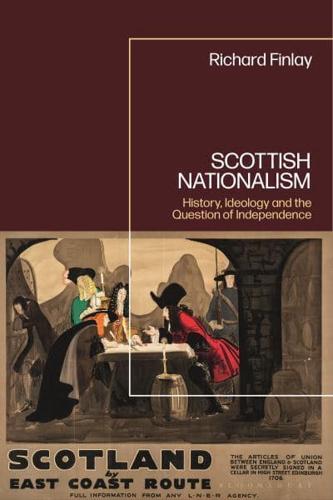Publisher's Synopsis
For more than a decade now, the issue of Scottish independence has been one of the key features in British politics and has raised questions as to the likely survival of the United Kingdom in the post Brexit era. In Scotland, the SNP has been in government since 2007 and has established a political hegemony that makes it the most successful political party in terms of electoral politics in Europe.
Yet, the political philosophy of this movement has not been studied in any great depth and a number of basic questions remain unanswered, such as why is the movement non-violent and constitutional? Why does it believe that Scotland as a nation should exercise its right to self-determination and how does it square a largely outward-looking and cosmopolitan vision of society with nationalism? This book answers these important questions.
By examining the evolution of nationalist ideas on Scottish history, its relationship to the philosophy of nationalism, as well as how the Treaty of Union between Scotland and England created an unusual legal and constitutional framework, this book offers new insights into Scottish history and Scotland's place within the Union and relates it to wider international and imperial British history.









